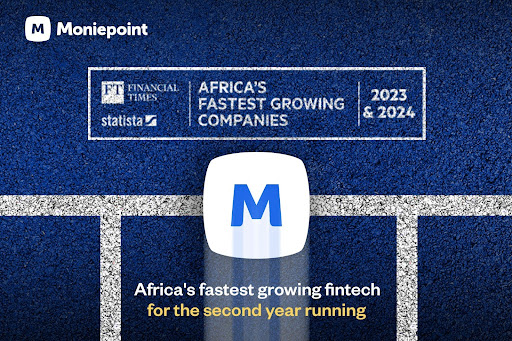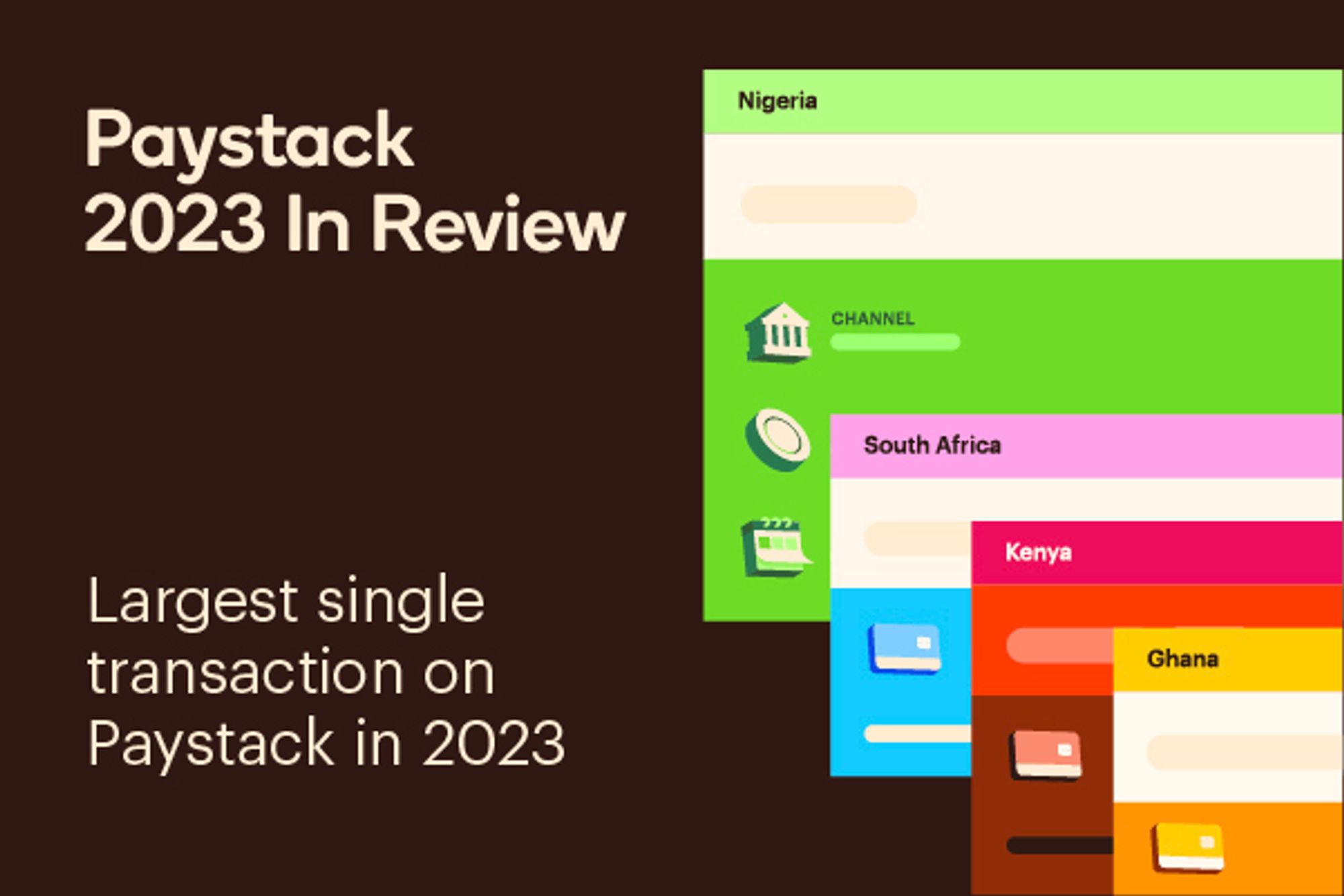

Good morning ☀️
In Adamawa, a North Eastern State in Nigeria where the temperature has risen to 50°C this past month, over 400 people died within 2 weeks from the extreme heat. Across Nigeria, several states are experiencing severe heatwaves that have sent citizens clamouring for air conditioning sets the country’s inflation rate makes impossible to afford.
One climate-tech founder, however, is now finteuning a device—the Lightbox—which has the potential to change how airconditioning works, and how much energy it consumes. Here’s how Anaele Iroh’s device can bend the heat away.
Copia Kenya enters administration
One of Kenya’s most funded startups, Copia Kenya, has entered into administration. Before entering administration, Copia Kenya explored options like layoffs which had the potential to affect over 1,000 employees.
What’s happening? Despite raising $123 million in venture funding, including $50 million in a Series C round in 2022, and a $20 million extension in December 2023, Copia Global, the parent company of Copia Kenya, couldn’t secure new funding. Consequently, Copia Global is winding down, allowing its Kenyan arm to seek capital independently.
Copia Kenya will undergo a restructuring with Makenzi Muthusi and Julius Ngonga from KPMG, an audit and advisory firm, appointed to manage the process. Copia revealed on May 24 that the administrators will work with the management to raise capital from new investors. Under the guidance of the administrator, the company’s management team is tasked with implementing a new strategy that prioritises profitability, cost reduction and increased digital consumers.
Layoffs will still happen: While Copia Kenya’s administration may save the company from going under, the company has highlighted that layoffs are unavoidable but only those directly affected by the restructuring will lose their jobs.
To save money, Copia Kenya is ditching its old system of handling orders in person or by phone. Instead, it will focus on customers placing orders themselves through the mobile app. Copia believes this is a more digital and potentially cheaper way to operate.
Copia Kenya’s financial troubles began to show in 2023. At that time, the company had 1,800 employees and 50,000 agents in Kenya and Uganda. However, it started reducing staff, laying off 50 employees early in the year and 350 more in July 2023. These layoffs were part of cost-cutting efforts to become profitable, indicating financial difficulties.
Further signs of setbacks continued to appear as it shut down its operations in Uganda, just two years after launching there. It also had to abandon its ambitious expansion plans for other African countries.
Copia Global’s winddown highlights the struggles in the country’s startup ecosystem, with closures attributed to increased taxation and operational expenses.
Moniepoint is Africa’s fastest-growing fintech

The Financial Times has ranked Moniepoint as Africa’s fastest-growing fintech based on its absolute and compound growth rate. Read more about it here.
The dog who inspired Dogecoin has died

How do you think meme coins are named? For the most part, meme coins often draw inspiration from internet culture. Some names are pure accidents, born from online jokes that take on a life of their own. Others are a deliberate nod to popular memes, like the unforgettable “doge” inspired by Kabosu, the shiba inu dog whose quizzical expression made the internet go gaga.
Speaking of doge, Kabosu, the dog who inspired the famous meme coin Dogecoin has died.
Kabosu was likely around 18 years old when it died, per owner Atsuko Sato. The Japanese dog was dubbed the “Mona Lisa of the internet” after its iconic 2010 photo inspired a raft of other internet memes. Kabosu is seen grinning at the camera in the picture, her paws resting on the sofa. The image was turned into an NFT digital artwork that was sold for $4 million.
The Kabosu-inspired dogecoin, which started as a joke between two software engineers, has gone on to become the eighth-most valuable cryptocurrency in the world, with a market capitalisation of $23 billion. The price of the coin inched up by 14% after news of Kabosu’s death spread.
Dogecoin received popular backing, including Elon Musk (who made it a currency option to buy some Tesla products), Snoop Dogg, Mark Cuban, and Gene Simmons, among others. In November of last year, a statue of Kabosu was built in Sakura, Japan. Rest in peace, Kabosu.
Collect payments anytime anywhere with Fincra

Are you dealing with the complexities of collecting payments from your customers? Fincra’s payment gateway makes it easy to accept payments via cards, bank transfers, virtual accounts and mobile money. What’s more? You get to save money on fees when you use Fincra. Get started now.
Kenya receives $250 million investment from the US
In May 2024, Kenya’s president, William Ruto, made history as the first African leader to be hosted in the White House in 16 years! The visit was held with much fanfare as Ruto was treated to a host of delegates upon arrival, including the President of the US, Joe Biden.
Ruto’s visit was in part to help the US repair its broken bond with Africa—as China and Russia continue to buddy up with the continent—and partly to help drive loads of American dollar investments into the East African country.
What followed Ruto’s visit was an increased investment from the US International Development Finance Corporation in Kenya. A new $250 million package means that the DFC has now invested over $1 billion in Kenya. The DFC says it will establish a local office in Kenya.
The new DFC financing package will be used to finance affordable student rental housing projects in Nairobi and bolster digital connectivity, e-mobility, and renewable energy across the country.
Tech startups were not left out of the investment spree. E-mobility startups Roam Electric, Mogo Auto, and BasiGo have received $10 million each in debt funding from the US government to help in the design and development of electric buses and motorcycles, as well as the installation of charging stations for these vehicles across Kenya.
Fintech platform M-Kopa also got a $51 million loan to help support its mission of digital financing in Africa. This represents more funding for M-Kopa. The fintech raised a whopping $250 million in debt and equity funding just last year! This surge in funding is due in part to M-Kopa’s track record and the critical financial need they provide for underbanked Africans.
While Ruto’s visit is yielding fruit, it hasn’t been without spoils. Many critics claim that the president travelled on an over-bloated budget. Per Kenya’s private TV station, KTN, Ruto is estimated to be travelling on a $1.5 million hired private jet. The Kenyan government claims benefits from the visits “far outweigh such a million times.”
We’ll leave it to you to decide if the math checks out or not.
What was the largest single transaction on Paystack in 2023?

Find the answer here 👉🏾 paystack.com/2023
Zimbabwe approves Starlink
Zimbabweans struggle with the high costs of internet services and have been exploring alternative solutions, including Starlink.
But earlier this year, Starlink was asked to stop providing internet services to Zimbabwe until it received licensing approval from the nation’s telecommunications regulator to ensure “frequencies do not conflict with one another”.
During this period, the regulator, POTRAZ, enforced its ban on Starlink by arresting users caught with the service, including the son of the minister for women’s affairs and community development, Monica Mutsvangw.
Zimbabweans, however, got creative: They disguised the satellite internet kit to look like everyday items, such as outdoor lighting or solar panels in order to avoid getting caught by the authorities.
Now, all that’s about to change: On Saturday, the President of Zimbabwe announced on an X post that he had approved Starlink’s licence to provide advanced internet services in Zimbabwe. Starlink will work exclusively with a local partner, IMC Communications, to bring its services legally to the country.
In contrast to Zimbabwe’s straightforward approval process, Starlink’s entry into South Africa is facing hurdles due to the country’s ownership regulations for telecom operators.
While Starlink has expressed interest and included South Africa in its rollout plans, the country requires that all foreign companies give up 30% of their ownership to historically disadvantaged groups before they can operate in South Africa. Furthermore, the difficulty of acquiring a license in South Africa, compared to Zimbabwe’s seemingly smoother process, adds another layer of complexity for Starlink.
Starlink is still banned in other African countries: In another development, despite countries like Nigeria, Mozambique, Zambia, Kenya and Malawi approving Starlink, Botswana and Ghana banned Starlink. Both countries’ telecom regulators declared sales, service, and use of Starlink illegal within the country.
Attend GITEX Africa 2024

GITEX Africa returns a second time on May 29–31, 2024, to Marrakech, Morocco, discussing ways to accelerate the continent’s digital health revolution. GITEX is the continent’s largest all-inclusive tech event renowned for uniting the brightest minds in the technology industry. Grab your tickets here.
The World Wide Web3
Source:

|
Coin Name |
Current Value |
Day |
Month |
|---|---|---|---|
| $68,623 |
– 0.75% |
+ 7.53% |
|
| $3,839 |
+ 2.74% |
+ 22.69% |
|
|
$0.167 |
– 1.38% |
+ 13.37% |
|
| $163.82 |
– 2.15% |
+ 17.68% |
* Data as of 23:59 PM WAT, May 26, 2024.
- TechCabal is set to announce its first set of speakers for the second edition of its Moonshot Conference which is set for October 9–11, 2024, at the Eko Convention Centre, Lagos, Nigeria. Moonshot will assemble Africa’s biggest thinkers, players and problem solvers on a global launchpad for change. If you want to join the stakeholders in Africa’s tech ecosystem for three days of insightful conversations, then get an early-bird ticket at 20% off.
Here’s what we’ve got our eyes on
- Fraud losses decline to ₦3 billion in Q1 2024, NIBSS data shows
- Africa needs $6bn yearly in digital infrastructure to connect millions of citizens
- South Africa’s AI roadmap is starting to take shape
- Renerworld, a cleantech startup is solving electricity supply issue for tech developers in Nigeria
- Meet Tramango.com, the travel-tech company set to redefine African travel
Written by: Faith Omoniyi & Towobola Bamgbose
Edited by: Timi Odueso
Want more of TechCabal? Sign up for our insightful newsletters on the business and economy of tech in Africa.
- The Next Wave: futuristic analysis of the business of tech in Africa.
- Entering Tech: tech career insights and opportunities in your inbox every Wednesday at 3 PM WAT.
- In a Giffy: business decisions powered by data-driven insights and analysis you can trust.
- TC Scoops: breaking news from TechCabal
P:S If you’re often missing TC Daily in your inbox, check your Promotions folder and move any edition of TC Daily from “Promotions” to your “Main” or “Primary” folder and TC Daily will always come to you.






















